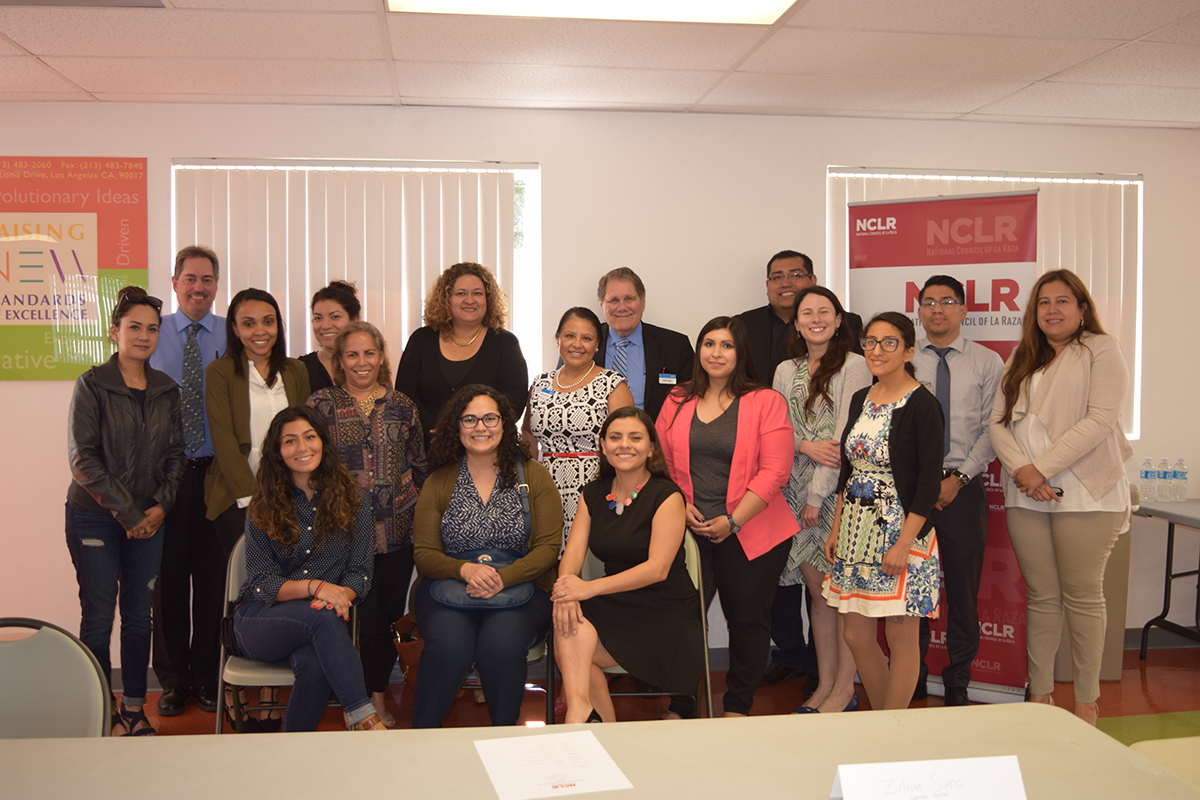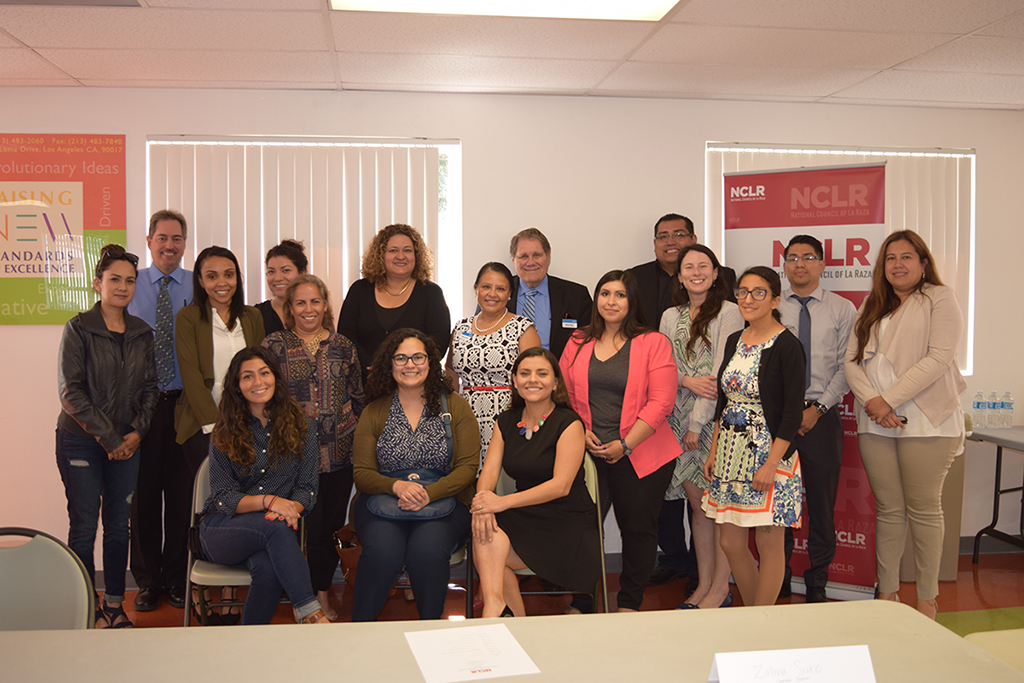Beyond Financial Literacy Is Financial Capability
By Sabrina Terry, Project Manager, Wealth Building Initiative

The path to financial stability requires more than just financial literacy. Most Latino families understand basic banking principles, but struggle to follow them because of financial strain. Latino families suffered tremendously in the aftermath of the recession, losing 66 percent of their wealth. They need practical financial tools to stabilize their households and communities. Ongoing challenges exacerbate Latinos’ ability to recover, including homes that remain underwater, unemployment, underemployment, lack of access to credit, or having no credit profile, as well as immigrant-specific challenges such as language, proof of income, legal status, and identification barriers.
Like many of our partners in community development, NCLR has expanded its model beyond basic financial education. Instead, we celebrate Financial Capability Month. For us, financial capability is combining financial education and one-on-one coaching with access to safe and affordable products. We also recognize that Latinos need a fair financial marketplace, so our model also includes policy advocacy for better products, services, and financial regulations.
To celebrate Financial Capability Month, we hosted a Latino Financial Inclusion Forum with our Affiliates in Los Angeles. In attendance were HUD-certified housing counselors, financial counseling organizations, immigration legal service providers, and ESL (English as a second language) providers.

The forum highlighted the integration of financial capability into existing services, such as civics and ESL classes, as well as immigration legal services. Affiliates discussed best practices for helping clients move from financial crisis to stability. Community resources abound in Los Angeles, including community lenders with a mission to bank low- and moderate-income individuals, such as SCE Federal Credit Union, and alternative lenders such as lending circles.
The forum also featured California economic policy updates, including the California Secure Choice Retirement Savings Program. Secure Choice will increase Latino access to employer-sponsored retirement plans in both the private and nonprofit sectors. Affiliates also received federal advocacy updates regarding the permanent extensions to the Child Tax Credit and Earned Income Tax Credit that will help keep Latino families out of poverty, and the Stop the Debt Trap campaign that is pushing for stronger financial regulations from the Consumer Financial Protection Bureau. NCLR will continue engaging Affiliates on these critical economic policies at the NCLR California Policy Summit, a day-long event dedicated to exploring the issues that impact Latinos most in the Golden State, on April 25 in Sacramento, Calif.
Financial Capability Month may be ending soon, but the effort to champion Latino financial prosperity will continue. Together with our partners, we’ll keep thinking beyond financial literacy to establish systems that offer more inclusivity and an equitable economy for Latinos. Financial capability is the only route to financial freedom for Latinos across the country.


